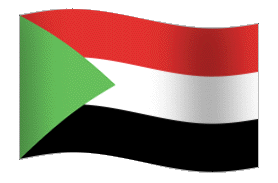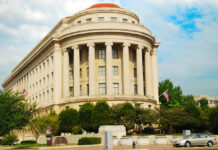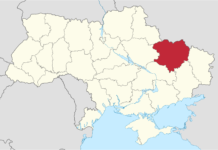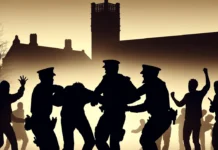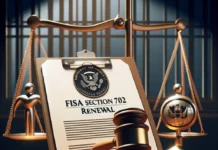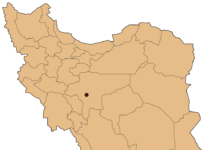Monday (5/22/23) marks a momentous occasion as Saudi Arabia and the United States jointly helped the Rapid Support Forces and the Sudanese army declare a ceasefire to ease the escalating conflict in Sudan. This latest ceasefire, which follows a series of previously violated truces, is set to remain in effect for seven days and has the potential for extension upon mutual consent, as stated in the joint announcement following productive discussions held in Jeddah.
Acknowledging the previous breaches of truces, the Saudi foreign ministry expressed that this agreement stands apart from its predecessors, emphasizing that it has been signed by all parties involved. This will be supported by a comprehensive ceasefire monitoring mechanism, backed by Saudi Arabia, and the United States, and the international community. However, residents in Khartoum, who have endured weeks of relentless urban warfare amidst severe shortages of essential supplies, remain understandably skeptical about the effectiveness of this ceasefire.
Hussein Mohammed, a Khartoum North resident who is currently taking care of his ailing mother, made a statement regarding the previously broken truces. “We’re hoping the mediators this time can see to it that the ceasefire is held,” he remarked, drawing attention to his mother’s missed medical appointments due to the April 15th conflict. General Abdel Fattah al-Burhan has led Sudan’s army against the paramilitary Rapid Support Forces, formerly headed by Burhan’s associate, Mohamed Hamdan Daglo, in an internal struggle.
A grievous toll of a thousand deaths and a million displacements in a mere five weeks was wrought in Sudan. Many people were denied essential resources such as water, electricity, and medicine, due to the bloodshed. However, the nation can now strive for lasting peace, following the negotiated ceasefire. With the presence of an inclusive monitoring mechanism, all parties must honor their commitments and work towards a sustainable resolution, allowing affected communities to rebuild their lives and regain access to vital resources.
